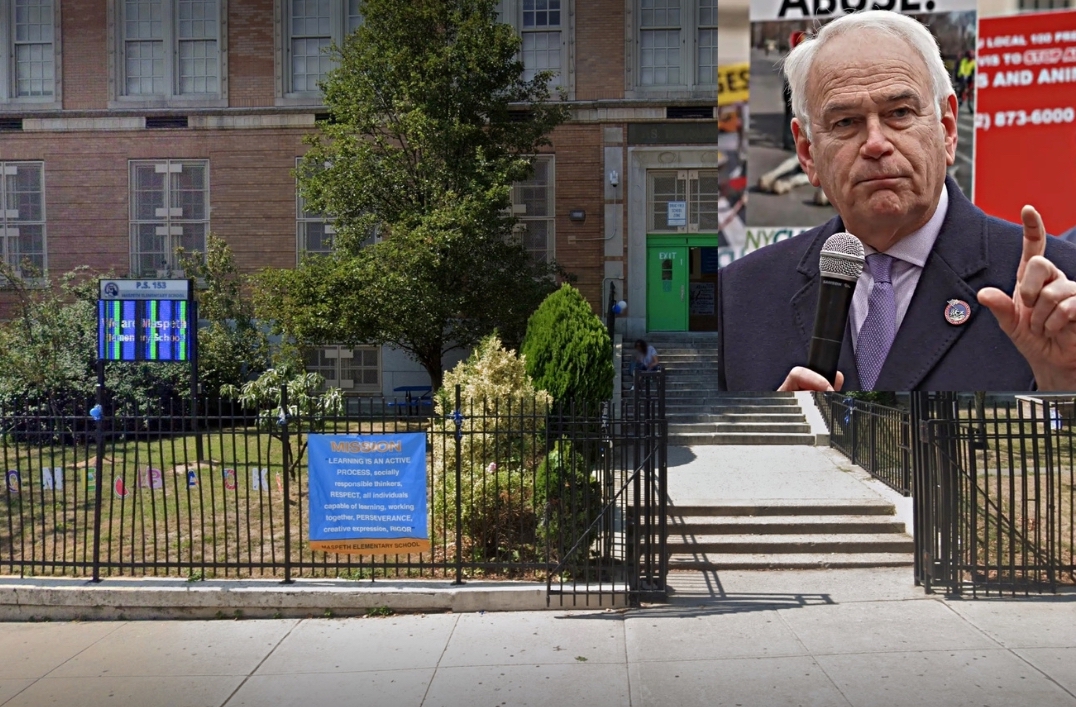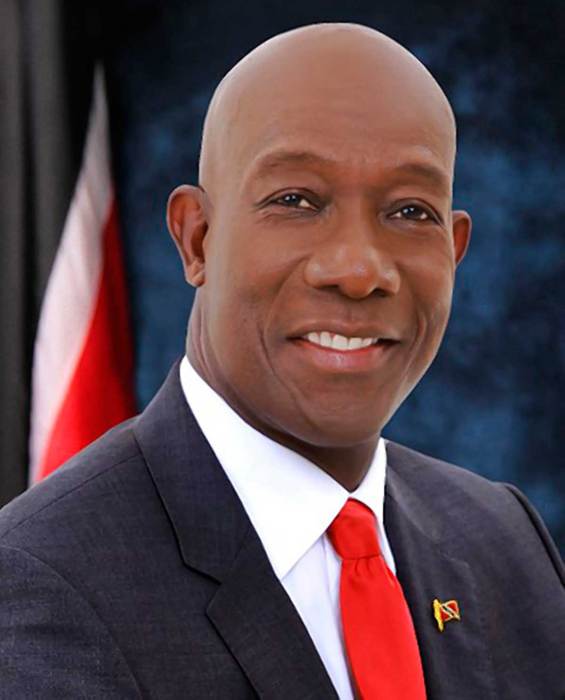ST. JOHN’S, N.L. – Nurses in Newfoundland and Labrador are expected to strike next month over a contract proposal they say would undermine their union by giving the provincial government unprecedented power to negotiate wages and benefits.
The dispute over what’s known as a market adjustment clause would allow the government to offer bonuses, bursaries and other special allowances to nurses in order to boost recruitment in a province where there is an estimated shortage of 1,000 nursing positions.
Such incentives are offered to nurses elsewhere in Canada where nursing jobs are difficult to fill. But what makes this proposal unique is that the province’s nurses’ union would not be involved in negotiations between its members and the government.
“That’s not happening anywhere across Canada,” said Linda Silas, president of the Canadian Federation of Nurses’ Unions.
“There’s not a nurse in the country that gets paid, regardless if it’s their hourly wages or benefits, (where) the union and the employer are not involved directly.”
Debbie Forward, president of the Newfoundland and Labrador Nurses’ Union, has argued that instead of its intended goal of luring nurses to the province, the clause would risk driving them away because it would foster ill will at the workplace.
“If government tries to do that in our workplaces, say to one nurse, ‘I’m going to pay you more to keep you here,’ and not provide the same increase (in) wages and benefits to nurses who’ve been working there for 30 years or 20 years … that’s pitting nurse against nurse,” Forward said earlier this month.
“We said to government, ‘You negotiate those special cases with us, and you have a deal.’ They are not willing to negotiate with us. They want the sole authority.”
Forward is also against the government’s proposal to terminate nurses who become permanently disabled as a result of their job after two years on full extended earnings loss benefits, a form of employment insurance.
The government’s final contract offer would also boost the wages of nurses by 30 per cent over four years, making them among the highest paid east of Ontario. Forward said she has no problem with the salary increase, but is still calling on the union’s 5,000 members to reject the offer, ninety per cent of whom have already voted in favour of a strike.
Finance Minister Jerome Kennedy said he wasn’t aware of the precedent the clause could set in Canada, but defended the overall wage package as highly generous.
“There is also no other province in this country right now offering 30 per cent (pay) increases to nurses,” Kennedy said in an interview.
“In order to ensure equitable application of these market adjustment policies, we need to bring it under one roof and give government the flexibility to deal with hard-to-fill positions.”
Kennedy also noted that 30,000 other public sector workers have recently signed off on the clause in exchange for a salary increase of 20 per cent over four years.
“To be fair to the rest of our public sector unions, we have to treat the nurses’ union the same as we’re treating them. They’re not the only union who had an objection,” he said.
The government has rejected the union’s call to take the clause to arbitration.
Newfoundland and Labrador is the only province in Canada without a collective agreement with its nurses, Silas said.
Nurses in the province last went on strike in 1999. The bitter dispute ended after a week of picketing when then-premier Brian Tobin passed back-to-work legislation.
Premier Danny Williams has said he would do the same if the government believed the health of patients was at risk.
Kennedy said the government has told the province’s four health boards to prepare for a strike that could last as long as four weeks.
By law, the nurses have to give the government a week’s notice before going on strike.
















